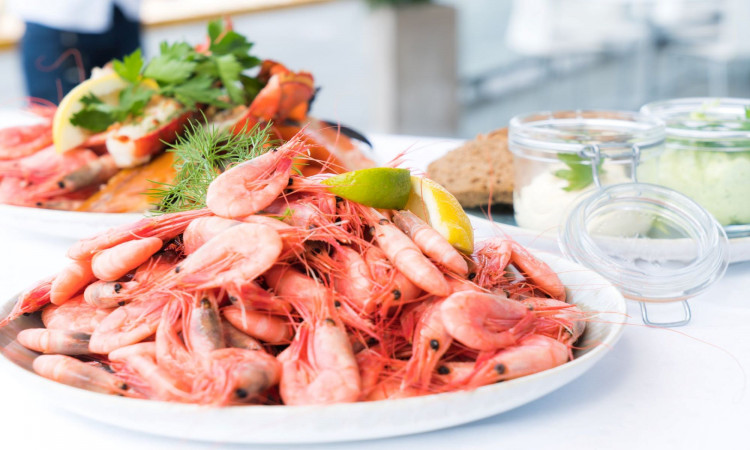Did you know that the world's present seafood, which we love to serve in our table to feed our family and loved ones, is now far dirtier than the ones we had before? This is all because of how dirty our sea is nowadays, filled with plastic, trash, and other non-biodegradable things we humans keep on throwing in it.
According to the Biological Diversity Organization, the plastic contamination of our oceans has become one of the world's current global crises. At present, tons of plastics have already filled up about 40 percent of the total area of the ocean putting the lives living in it in danger.
With the exposure of our sea creatures to these plastic particles, they tend to get contaminated by it too as these foreign particles would get inside their system. Once these creatures have been harvested and eaten, these plastics would also get inside our body, which could create harm and cause illness eventually. These facts are the reason why several researchers from the Singapore-based start-up company Shiok Meats work their way to create doors for humans to be able to eat seafood, without killing sea animals and without embracing all these harms.
Sandhya Sriram, the Chief Executive of Shiok Meats and one of the company's experts, shares how they were able to create this healthy alternative for shrimp meat. According to Sriram, the company was able to produce the meat by first extracting one stem cell of a single shrimp. This cell was then fed with nutrients at a constant temperature of 28 degrees Celsius or 82 degrees Fahrenheit. Exposed to these factors, the cell tends to multiply and eventually becomes meat.
Aside from a good source of healthy food, researchers also aim to help improve the imbalance proportion of the total amount of food available and the population of all the people in the world. Nowadays, some parts of the world are already experiencing starvation and famine due to the decreased number of food resources. In the next few years, the crisis is expected to grow worse as the world's population is anticipated to increase too.
The meat currently costs about $5,000 per kilogram or 2.2 pounds, as reported by Reuters. Though it seems too costly, the researchers behind this product are expecting to reduce its price by closing a low-cost deal for the things they need in producing the meat this year.
Furthermore, the company also aims to conquer the world. "We are looking at next year, so we might be the first-ever company to launch a cell-based meat product in the world", Sriram said.






